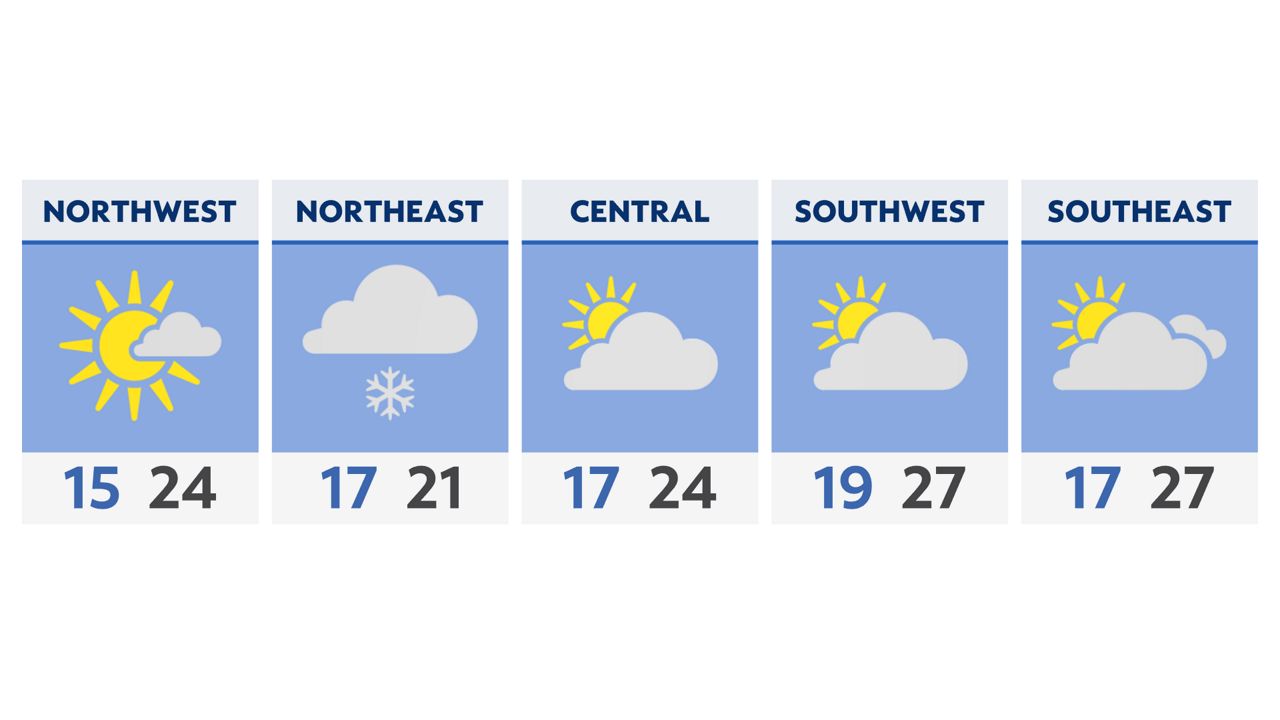One year ago Thursday, when he looked out at the Capitol, ringed with barbed wire and manned with soldiers, Joe Biden promised that:
“On this January day, my whole soul is in this: Bringing America together. Uniting our people. And uniting our nation.”
At his news conference on the eve of that inaugural anniversary, Biden confessed to the realpolitik many in his party had known: Bipartisanship may be easier to talk about than it is to execute.
“The fundamental question is, what’s Mitch for?” Biden asked rhetorically of Mitch McConnell, the Senate Republican leader. “What’s he for on immigration? What’s he for?”
Biden fielded questions while just down Pennsylvania Avenue, Republicans were blocking voting rights bills that the president says are needed to counter rollbacks in states led by Republicans. Republicans counter that the measures are about ballot security.
The flare-up on the issue – replete with charges of racism – masks the reality that 19 Senate Republicans, including McConnell, voted for one of Biden’s biggest achievements: the $1 trillion infrastructure bill.
But observers say it’s key that moving forward, Biden focuses less on bipartisanship and more on his own Democratic base – which is showing signs of disappointment.
“My advice to the president would just be simple: Listen to your base,” said Jotaka Eaddy, a Democratic strategist who previously was senior director for voting rights at the NAACP.
“Listen to your base and really focus on the people who will go into office,” Eaddy added. “I think that it’s important for us to negotiate, and for us to have bipartisanship, but it is very clear that there is an entire partisan side.”
Still, it’s members of his own party who are, in part, imperiling his agenda: Sens. Kyrsten Sinema of Arizona and Joe Manchin of West Virginia are unwilling to bypass the filibuster in order to pass key voting rights legislation, a priority of Biden and the Democratic party.
Manchin is also against Biden’s Build Back Better spending bill; Biden said Wednesday that he’s willing to break up the bill into separate parts to help its passage. (Left unspoken is that such a move runs contrary to Democrats’ previous strategy of lumping many of their priorities into a single bill, passing it through a Senate rule that would only require a simple majority.)
“We just need the case [of] what we’re for, and what the other team is not for,” Biden said, adding that he’s itching to talk with Americans outside the D.C. Beltway. “Look, we knew all along that a lot of this was going to be an uphill fight – and one of the ways to do this is to make sure that we make the contrast as clear as we can.”
Moderate Democrats are meanwhile imperiled in the midterms. In his Wednesday news conference, Biden made two things clear: he would be stumping for candidates; and that he was no socialist.
“I’m not Bernie Sanders,” the president said.
It was an attempt to cut off Republican talking points, though it’s unclear if it’s of any utility.
“The perception that the Republicans have been able to message is that the Democrats, even moderates, are in the thrall of progressives and socialists – which isn’t the case,” said Larry Levy of the National Center for Suburban Studies at Hofstra University. “It makes for a very convincing message to rile up the Republican base.”
In all, it’s not clear that apart from hitting the road and asking for more outside advice, Biden will change much in his second year.
But circumstances may benefit him.
The omicron variant outbreak appears to have peaked in parts of the country; If the trend continues, and no new dangerous variants emerge, that may change people’s perspectives, and get the country back to something like normalcy.
It also might boost Biden’s own political fortunes, which have been somewhat damaged right now, according to recent polling about his job performance – even though Biden said Wednesday that “I don’t believe the polls.”
And Biden is hoping to convince Americans he was at least somewhat responsible – and not merely a hapless observer.
Right around sunset in Washington, Biden, 79, was asked about a poll questioning his own mental fitness. He ducked that query with a broad smile, then kept on taking questions long after, blowing past his deadline – nearly two hours in all, far surpassing previous record totals held by his two immediate predecessors.
It was a signal to skeptical Americans that he has what it takes for another three years – and even four more after that.




